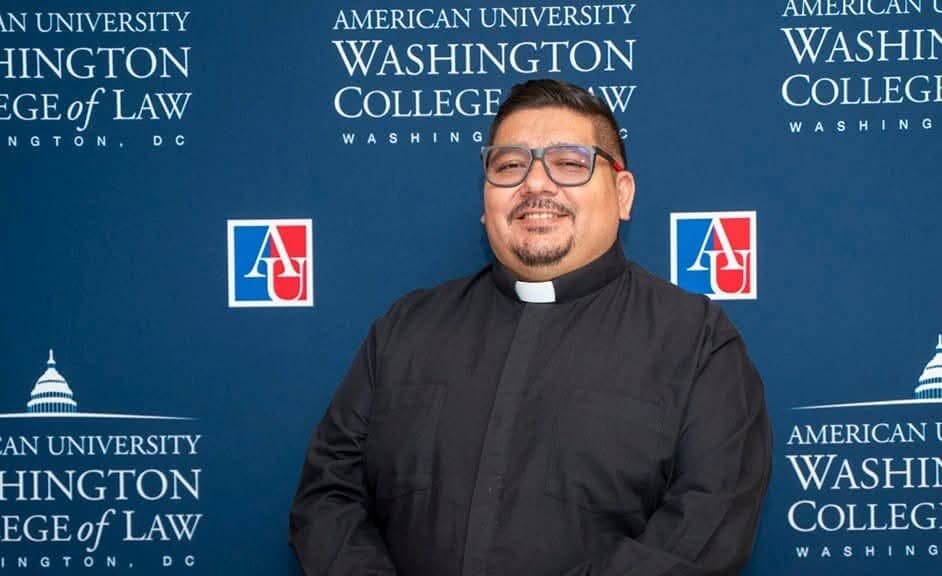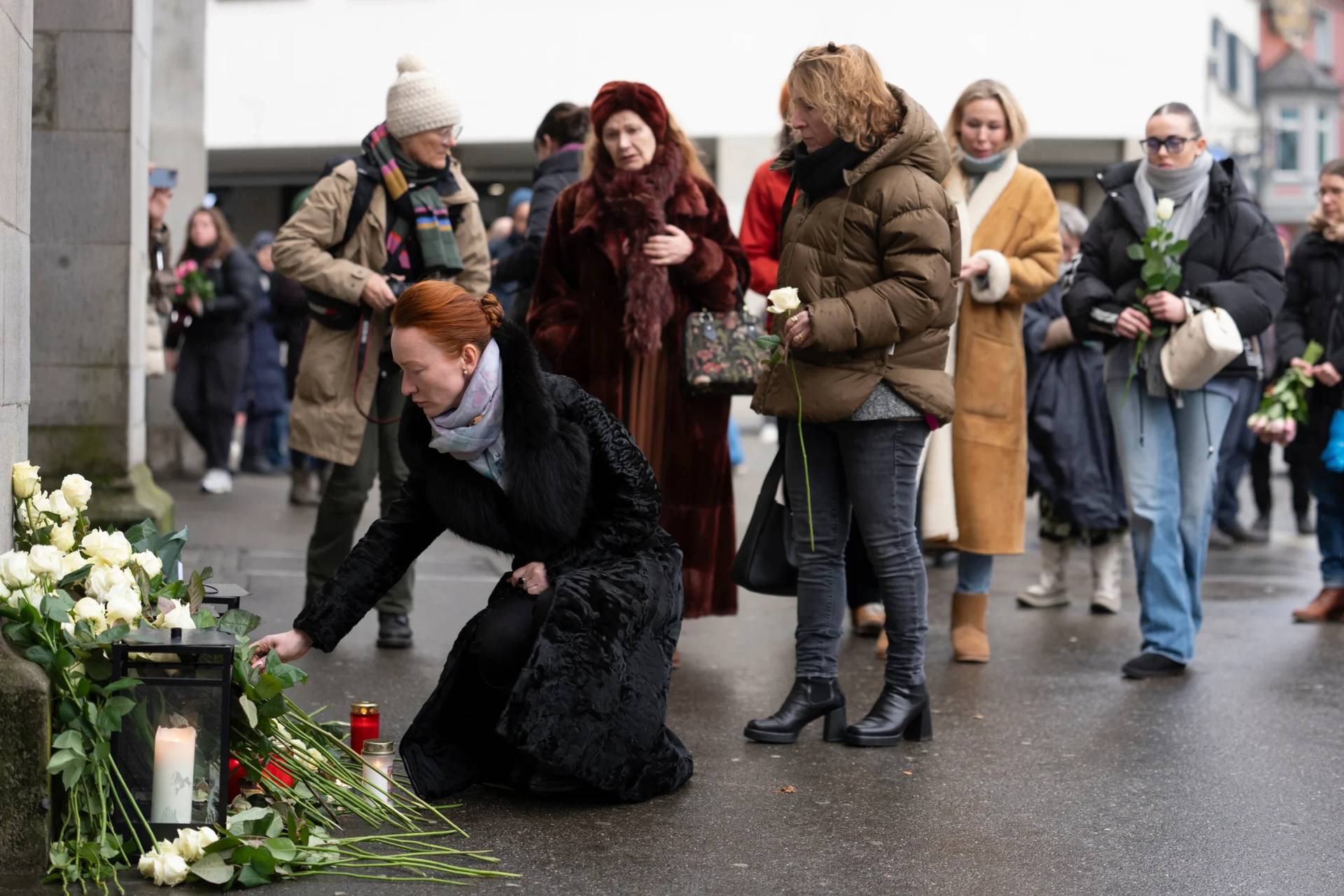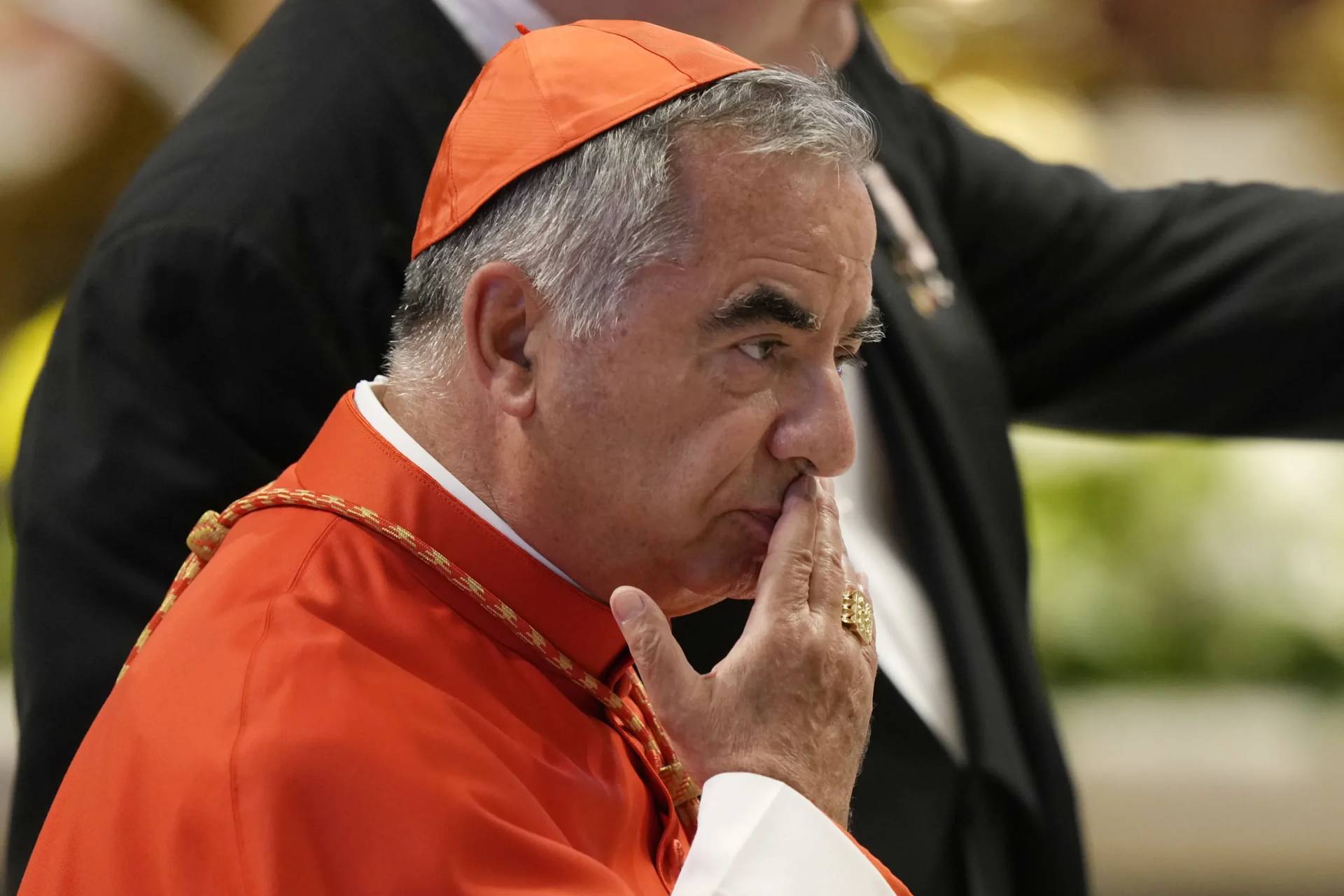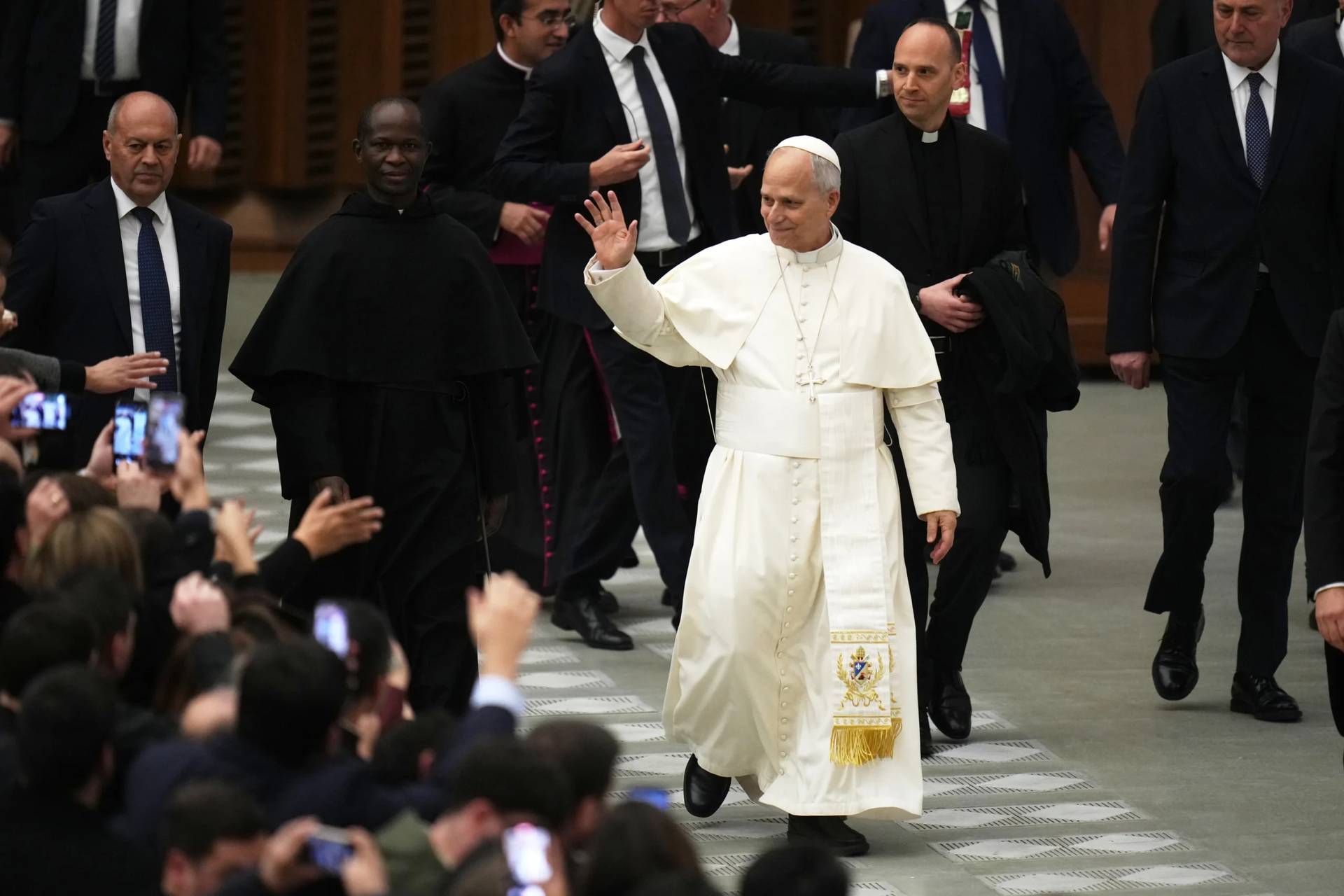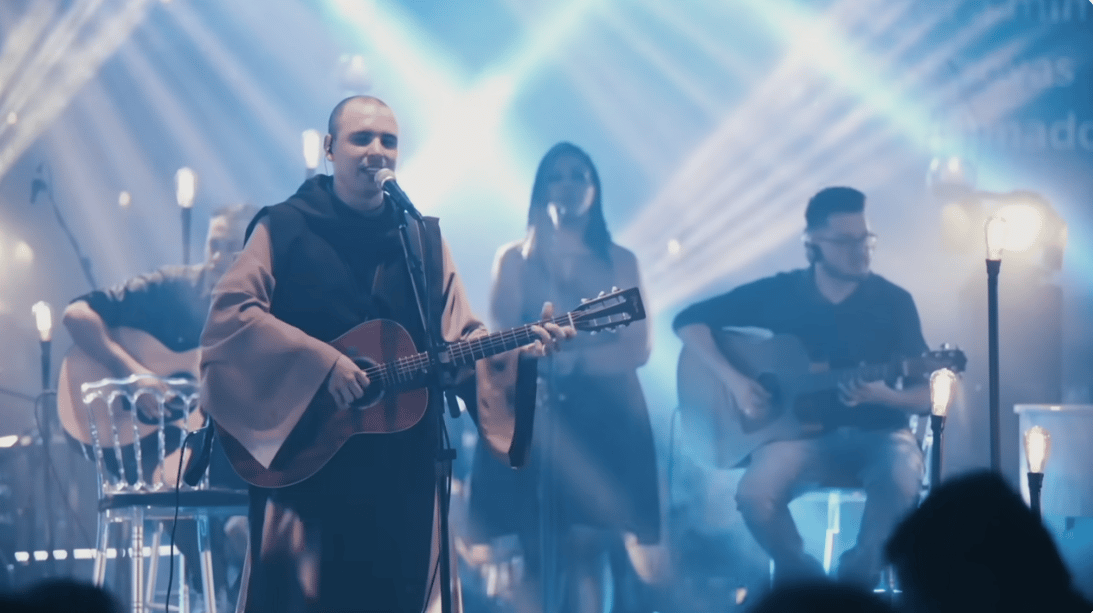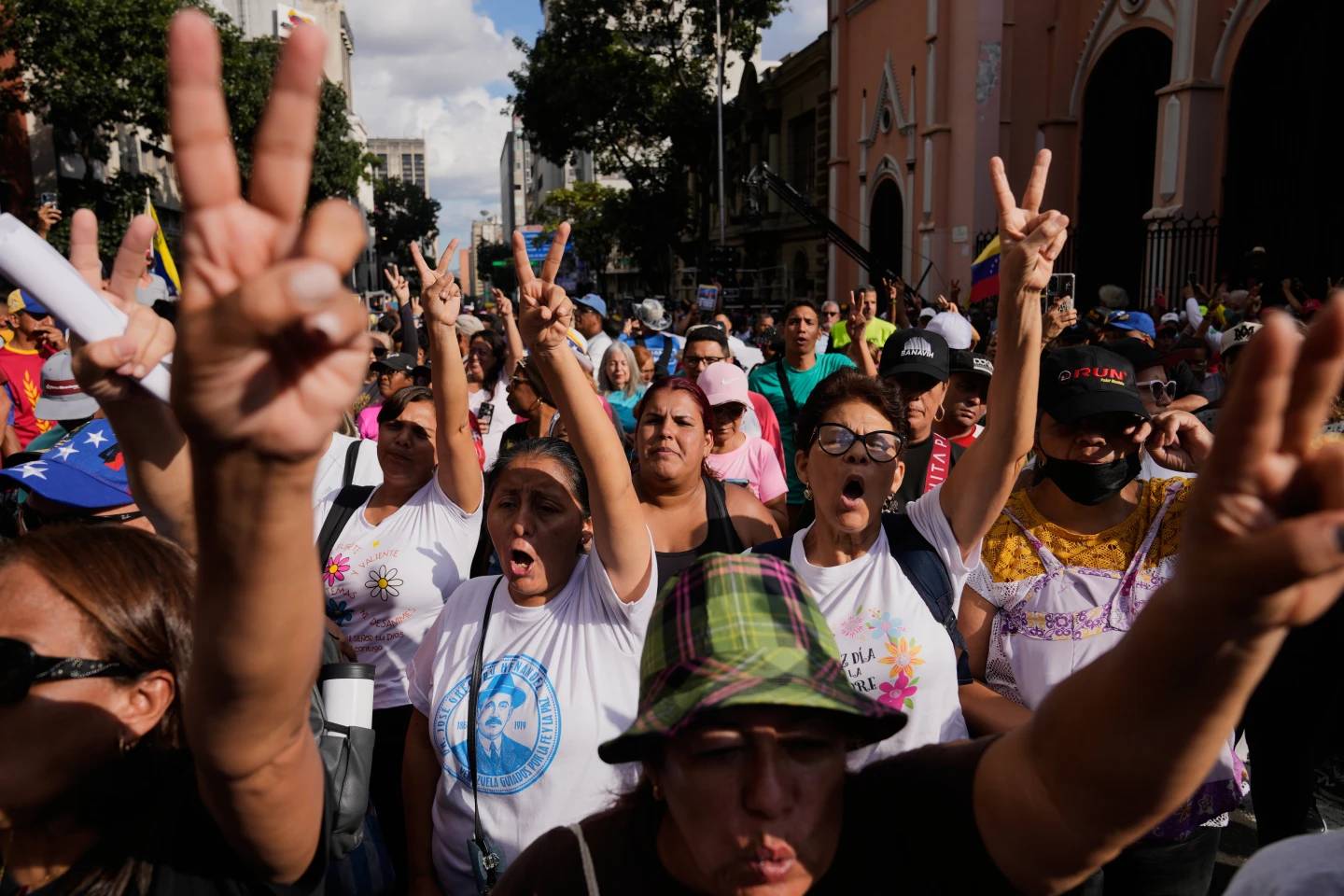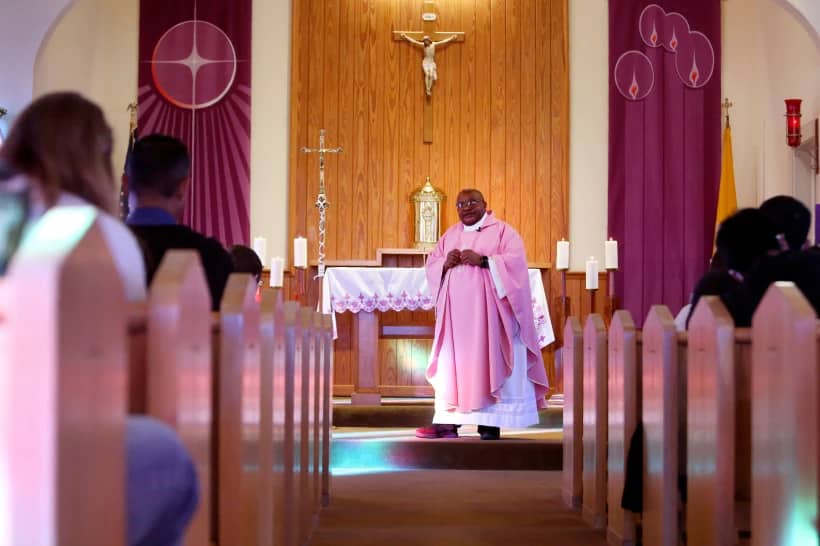ROME — After a year without U.S. pilgrims, tourists and university students, some American expats in Rome have packed up and moved home. But others who teach at study abroad programs or work with pilgrims have expanded their services to a whole new clientele: People who have never visited the Eternal City and may never have the chance.
Foreign travel to Italy dropped almost 70 percent in 2020, and while many people hope vaccination campaigns will allow some form of recovery by late summer or early fall, no one is predicting a speedy recovery.
Standing in front of St. Peter’s Square April 15, seeing police outnumber tourists and seagulls outnumber both, the challenge was clear for U.S. citizens whose work depends on the Vatican but is not paid by the Vatican.
Elizabeth Lev, an art historian, professor and tour guide, may be one of the busiest people in lockdown, but she also has forged deep ties with Italian tour guides who have been without an income for more than a year and have turned to cleaning houses or delivering takeout food.
But, in an industry focused less on pilgrimage and more on tourism with “the faith button turned down low,” Lev said she has discovered the deep faith of many of her colleagues and how, “when chips were down, suddenly it comes up to be a ballast for them.”
She and other expert guides founded Masters’ Gallery Rome, which offers virtual tours and online lectures about art, architecture and church history — and often all three in one. They have had to learn the technology and try to figure out pricing, though the Masters’ Gallery offers a weekly lecture for free.
“We simply ask for a donation, and we have found that people are very generous,” she said.
Still, she said, with the pandemic many people are realizing the importance of “real” experiences, face-to-face meetings and actual visits to places. “I think it’s something we understand in the Catholic Church in a very special way. After this year of virtual Masses, I think every Catholic who walked back into a church again and received the Eucharist really did understand that matter matters.”
Expatriates from the United States are not the only ones who have thought about leaving or have actually done so, Lev said. “There’s something of a dramatic shake-up” due to the economic situation, the restrictions and generally how “the beauty of the life here has been obscured for them.”
That has not happened for Ashley Noronha and her husband, John. They are founders of the Truth & Beauty Project, which offers visitors to Rome and the Vatican experiences designed to help them “understand the roots of their faith and Christian identity, using art and beauty to teach what it means to live an authentic Christian life.”

They came to Rome shortly after their marriage in 2008 to do graduate studies, but, she said, “leaving or staying in Rome is always on the table.” It is something they pray about, but they also “cobble together” different jobs to support themselves.
“Living in Rome really helps you realize the beauty of living in providence and relying only on God’s grace,” she said.
In addition to offering tours, the Noronhas blog and teach courses at Rome’s Pontifical University of the Holy Cross, and Ashley is the Vatican correspondent for Relevant Radio. Those jobs have continued, in person or online, through the various stages of Italy’s lockdowns.
Mountain Butorac, who started The Catholic Traveler in 2004, moved to Rome with his wife and children seven years ago. Organizing and leading pilgrimages is his job and his vocation, he said.
Before the pandemic was declared in March 2020, he said, he was on track to have his busiest, most successful year ever. Then everything stopped.
“But I adapted. I was able to start sharing the faith more and more on social media, with videos and podcasts, and it’s actually been a great year as far as the business goes,” he said. There always will be people who are unable to travel, so the virtual tours and talks have helped him reach a much larger audience.

And followers have been generous in supporting him through Patreon, a website that hosts subscription services for a huge variety of content creators.
“There were a few moments when we thought, ‘Oh, maybe we should go back to the States,’ but we thought this is where we needed to be at this moment, so we stayed,” he said.
But, Butorac said, “I’ve had quite a few guide friends move back to the States; there’s no work; there’s no way to pay the rent, so they’ve moved back with their parents.”
When asked if there is a place in Rome that was particularly meaningful for him during the pandemic, Butorac said, “the Scala Santa, the Holy Stairs,” which tradition holds are the stairs Jesus ascended when Pontius Pilate brought him before the crowd and handed him over to be crucified. The tradition says St. Helen, mother of the Emperor Constantine, brought the stairs to Rome from Jerusalem in 326 A.D.
The stairs “give us a preview of the pandemic, because it is a little painful,” Butorac said. “You climb up these stairs on your knees and you learn life isn’t always easy, even if it is just 28 steps you are climbing up.”







